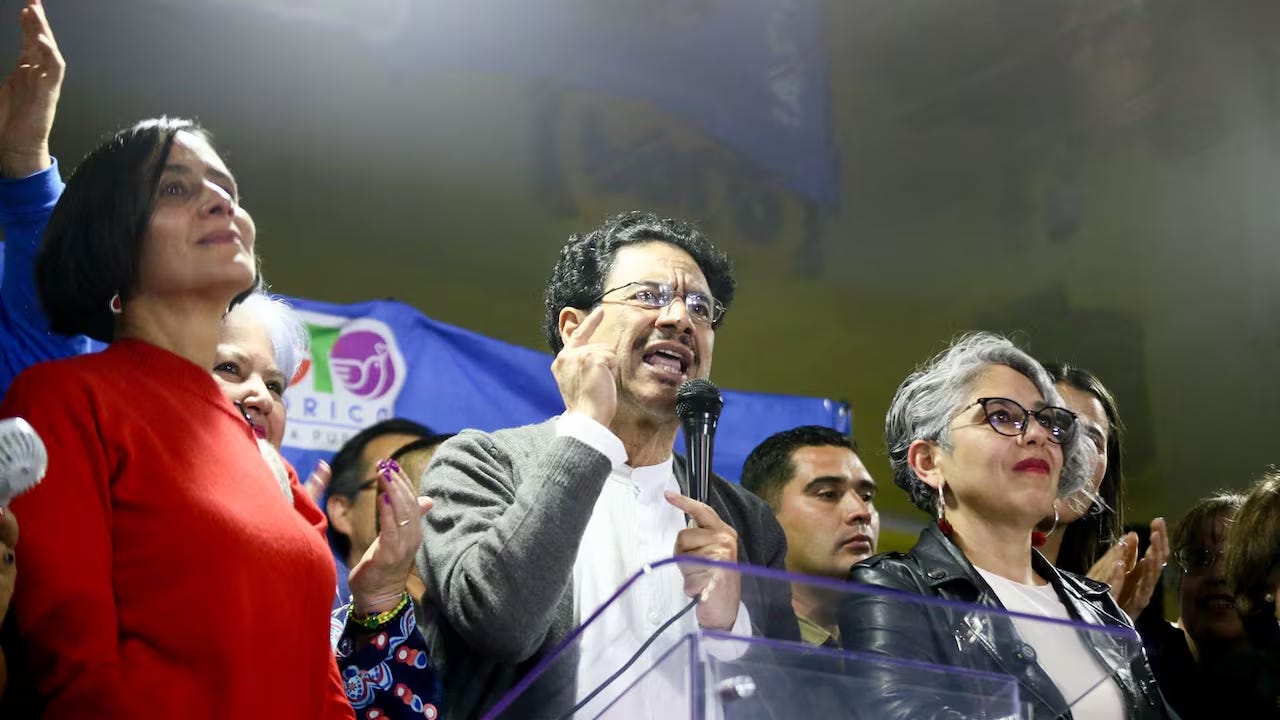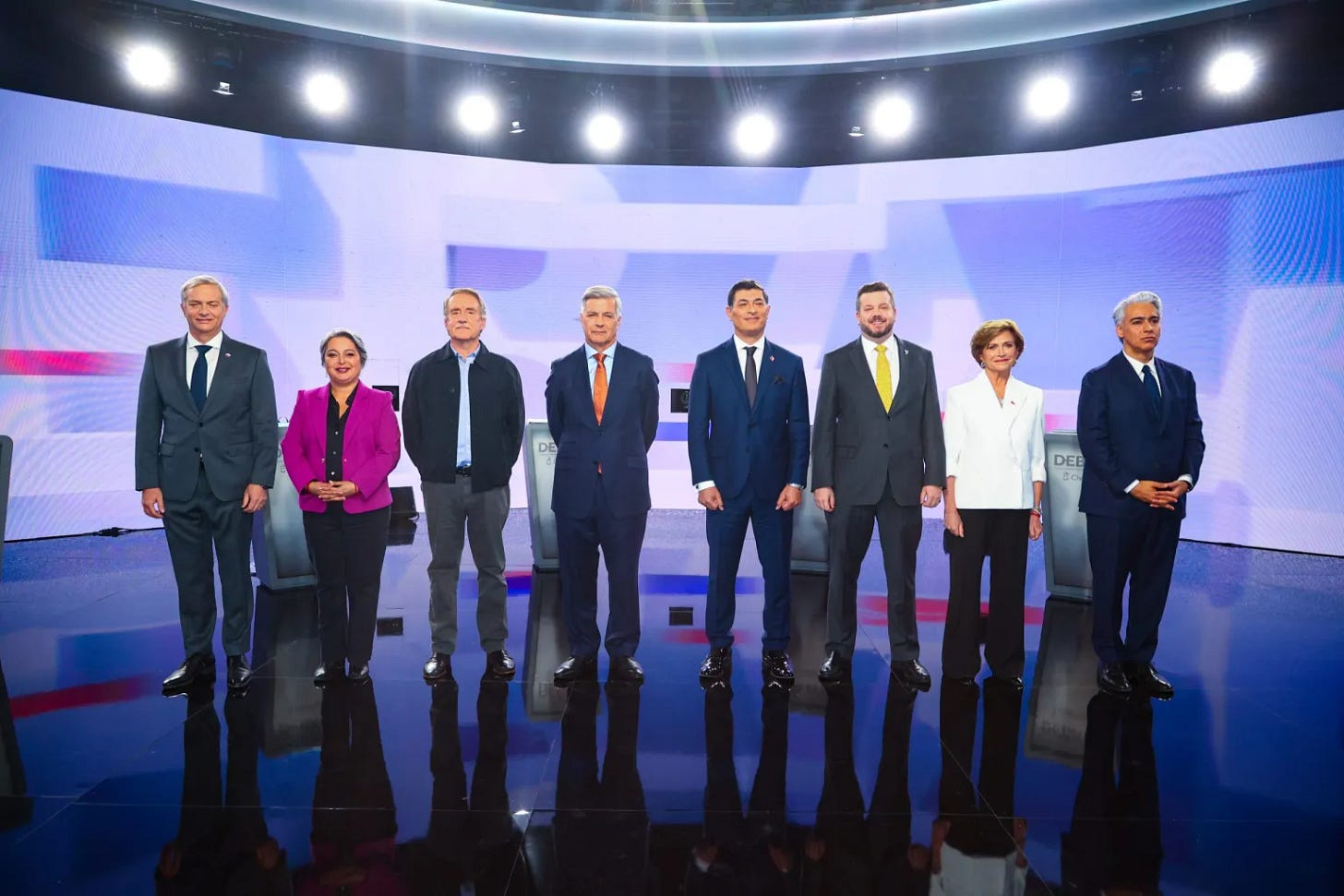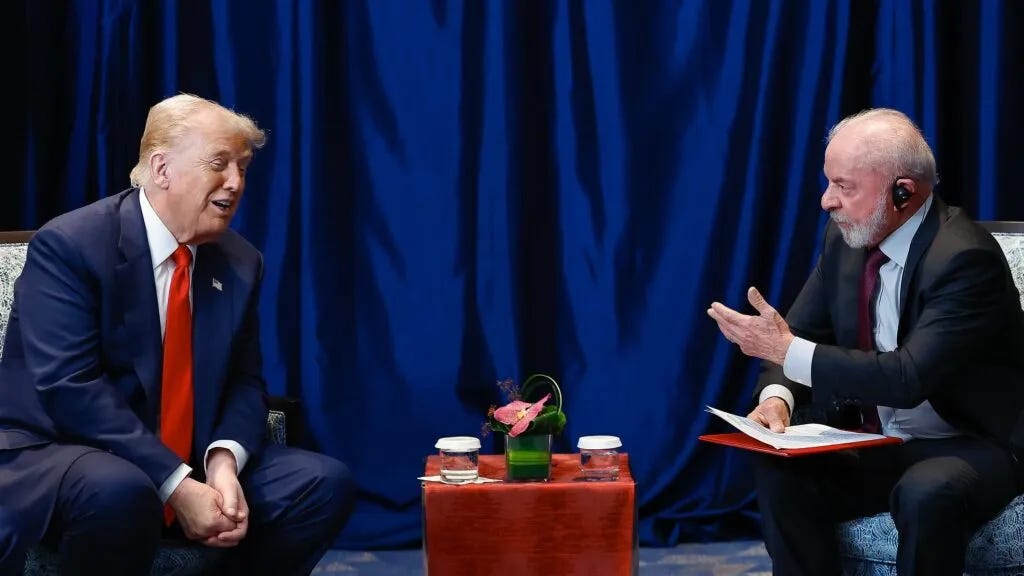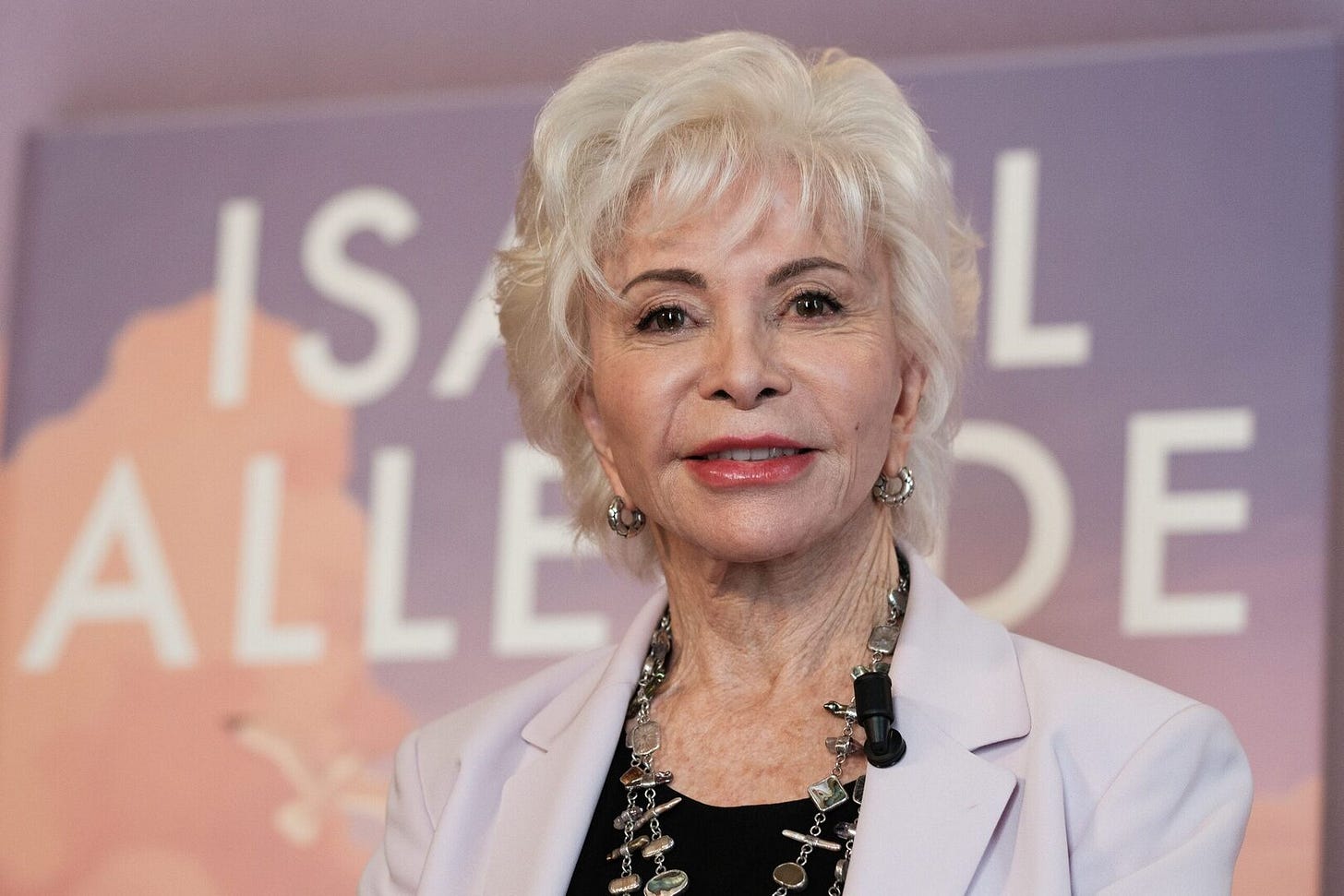It’s Fascinating: Argentine People Stood with Milei
Many electoral news happening this week, so bear with me.

Argentina voted again, and what happened is striking. Javier Milei’s La Libertad Avanza won the midterm elections by a large margin, strengthening him as the leader of Argentina’s anti-Peronist movement. It’s amazing how long that split has lasted: Peronists on one side, anti-Peronists on the other. The people change, the slogans change, but the country keeps circling the same issues.
In the past, Peronism has changed its forms with each leader. Carlos Menem brought market-friendly policies in the 1990s, the Kirchners leaned left, and now Axel Kicillof pretty much defends that legacy. Their opposition, on the other hand, keeps changing parties: the Radicals after the last dictatorship, Mauricio Macri’s Cambiemos in the 2010s, and now Milei’s push for liberalism. Every new version promises to finally break the cycle, but each one ends up keeping it going in a different way.
What makes this election stand out is how strongly Milei’s government consolidated power despite economic hardships and painful reforms. In Buenos Aires province, his party had lost by fifteen points just weeks ago, but now it flipped the map and won nationwide by nearly ten. That’s not a fluke; it’s a message. People are exhausted, but they’re choosing to endure the pain if they believe it leads somewhere better.
Kicillof’s early-election gamble backfired badly. He tried to shield his base with the voto castigo against Milei’s policies, but it seems people did punish Milei in the early elections in Buenos Aires province, and now, after delivering that message, they have put their trust back in the president. This failure matters because Kicillof, the Governor of Buenos Aires, is the Peronist best positioned for the 2027 presidential ballot — and his loss shows how little patience voters have left for the old guard.
Markets are relieved. The peso held, bonds rose, and investors openly praised Milei’s discipline. I’ve been familiar with Milei for a long time. I met him in person in 2018 while I was living in Argentina, and I appreciated his role as a political commentator, which I found necessary. Still, his style makes me uneasy, but there’s no denying the confidence he inspires among those who control capital. His victory speech was not the shouting monologue of the campaign trail. It was calm, conciliatory, even presidential. The real question is whether that tone will survive the next crisis.
There’s a past example worth remembering. Former president Macri also won big in the 2017 midterms, promised stability, and two years later gave power back to the Peronists. Argentina’s politics change quickly. For Milei, the challenge now isn’t getting votes — it’s building something that lasts longer than a feeling.
He has the votes in Congress to do it now.
Argentina remains a country split in two, but for now, the anti-Peronist half feels in control. People aren’t just tolerating Milei; they’re betting on him. In a nation where faith in politics is often fragile, that’s not nothing.
Colombia’s Left Finds Its New Face

Colombia’s left-wing primaries delivered a clear winner. Senator Iván Cepeda earned over 65% of the vote and will lead the Pacto Histórico in the 2026 election.
This result stands out not only because Cepeda is a longtime human rights advocate and a strong critic of Álvaro Uribe, but also because he now takes over a movement from a president who cannot seek re-election.
Gustavo Petro’s presidency has divided opinions and left many people feeling tired, but his disputes with Trump and the U.S. seem to have united his supporters. Many on the left turned out, perhaps more to resist than out of enthusiasm.
The challenge now is whether that momentum will continue after the primaries. Cepeda is thoughtful, principled, and respected, but he still needs to convince a hesitant middle class and a divided opposition. While Petro’s influence may help him for now, Cepeda might eventually need to distance himself from it.
Chile’s Democracy Faces Its Reflection

Chile held its final presidential debate before the November 16 election, and what stood out was not a dramatic moment, but rather how the debate reflected the country itself. The candidates represented opposite ends of the spectrum: Jeanette Jara on the left, José Antonio Kast on the right, and several centrists struggling to stay relevant. Jara aimed for a more moderate image, easing her stance toward the Communist Party. Kast, on the other hand, lost his temper briefly. It was a minor slip, but it said a lot for someone who wants to appear calm.
The polls are close: Jara leads with 25%, Kast is just behind at 22%, and Kaiser and Matthei are not far off. Chile has changed a lot since the Pinochet era, building strong institutions, a stable democracy, and a culture of consensus. Still, watching this debate, it is hard not to sense the anxiety of a country that now sounds more like its neighbors—loud, divided, and weary of moderation.
Lula Outsmarts Trump (for Now)

The meeting between Lula da Silva and Donald Trump in Kuala Lumpur seemed at first like a battle of personalities. But if politics is about timing and style, Lula came out ahead. Trump showed up bragging about taxes on imports and his power; Lula left with a handshake, a promise to talk about easing trade rules, and did not give in on Bolsonaro’s imprisonment.
It’s the kind of political showdown that could only happen between two men who see themselves as important figures, both leaders who know how to put on a show. But as the saying goes, “más sabe el diablo por viejo que por diablo.” Lula’s age and decades-long experience gave him the advantage. He has already said he will run for president again, and this moment fits well with the story he wants to tell at home: Brazil standing proud, respected, and on the same level as Washington.
Trump may call it a deal. Lula knows it was a lesson in who’s still the elder statesman.
Isabel Allende, Forever Modern

Isabel Allende has been everywhere lately —from podcasts to TikToks —and I love it. My mom’s favorite writer is suddenly trending again, which feels poetic in itself.
I grew up surrounded by her books. My mom’s favorite has always been Paula, the one she rereads every few years and cries over every time. Through her, I learned that Allende isn’t just a novelist; she’s a whole emotional education.
Her new novel, My Name Is Emilia del Valle, is already a global bestseller. It tells the story of strong women during Chile’s 1891 civil war, yet it somehow feels very current. Even more amazing is seeing her reach new fans, talking about love, loss, and memory in a quick 30-second podcast clip.
So yes, read the new one. But also read The House of the Spirits, Aphrodite, Of Love and Shadows, and The Stories of Eva Luna. Read them all. Isabel Allende’s work isn’t just literature; it’s Latin America talking to itself.
That’s all for this week. If you liked what you read, please subscribe.
You’ll get something like this every Monday: one main analytical piece, three important stories from Latin America, and one media suggestion to help you learn more about our region.
You can also follow me on Instagram, X, and TikTok for more.
Gracias por leer. Hasta la semana que viene.



